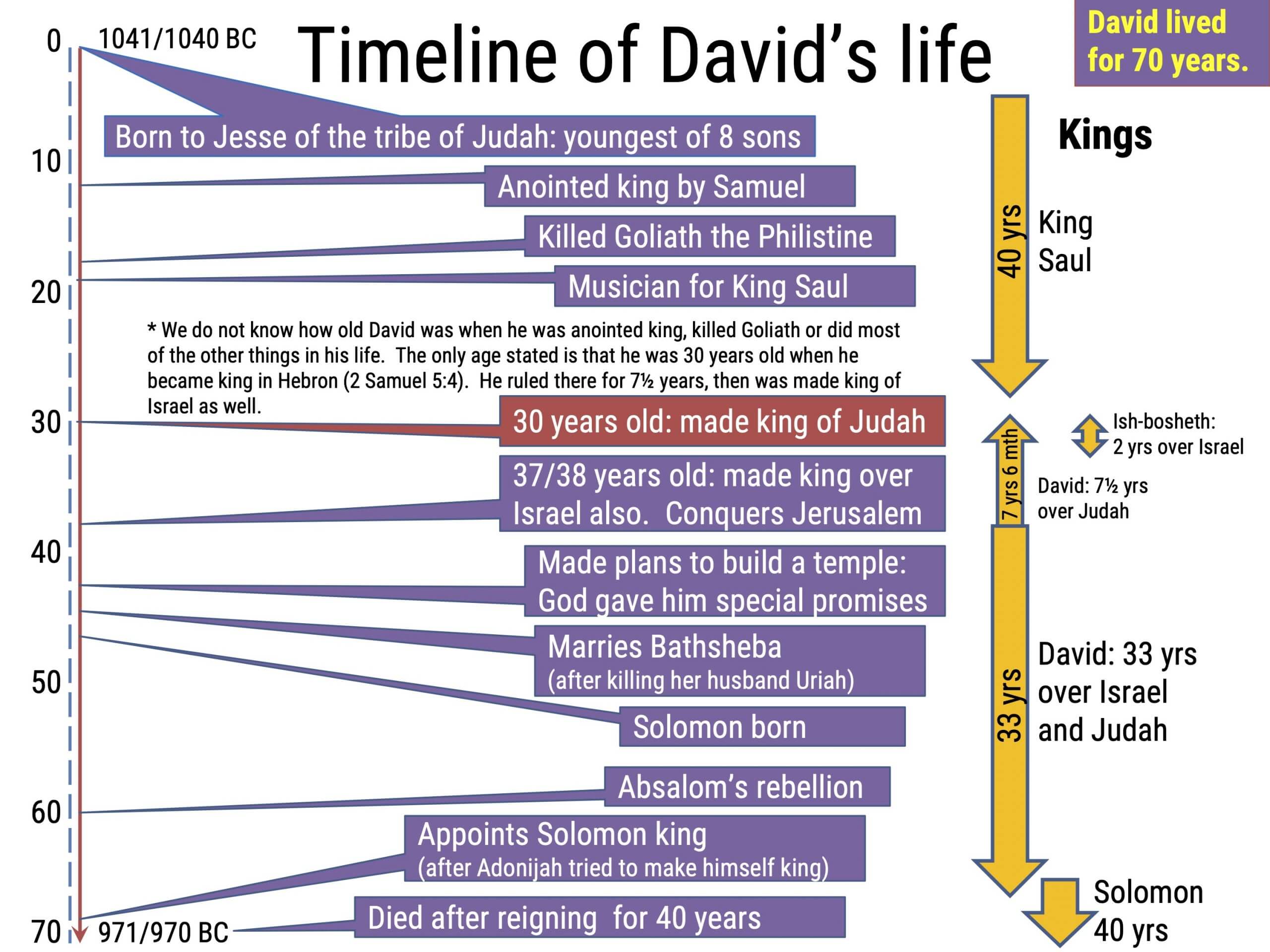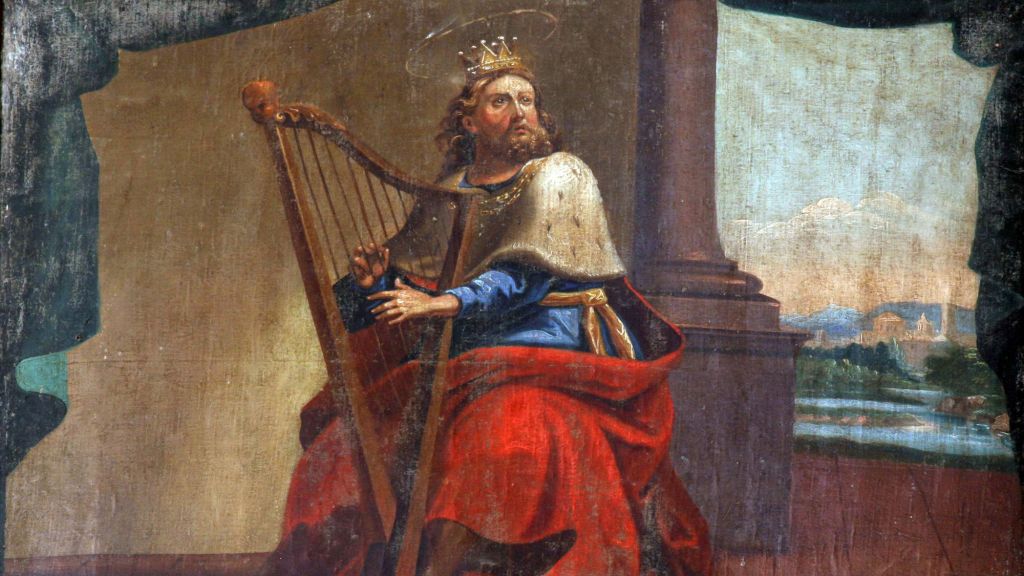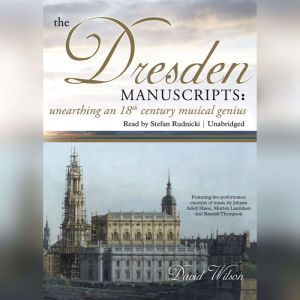
And we know that there are origin stories embedded within all the great religious traditions. They're stories about the whole of space and the whole of time. Origin stories are stories that try to embrace almost everything. And that means that in a sense, big history's not really that new because we know that all human societies have told origin stories. One way of thinking about big history is to think about it as a sort of origin story, a modern, science-based origin story. And what it'll do is show you that there are many, many powerful connections between the disciplines, connections you may not have seen before.

So this course will bring together knowledge you may have encountered in many different disciplines, from physics, to chemistry, to astronomy, to geology, to biology, and human history. Big history courses are all about connecting knowledge, connecting different disciplines so that you can see the synergies between them. And these dating systems provide the timelines and the chronology that we're gonna use in this course.

Now you're going to learn more about them later in the course. Many of them are based on radioactive breakdown. But since the 1950s, scientists in many different fields have developed a whole range of new techniques for dating events in the distant past without relying on writing. 50 years ago, I couldn't have told you with any precision when the universe appeared or when life appeared on Earth. It's been made possible by the rapid evolution of scholarship in many different fields, and in particular, of dating systems in the last 50 years. Big history is a new field for teaching and research. The global society we live in today, connected electronically through the Web, and mechanically by ships, cars, and planes, is in fact one of the most complex phenomena we know of in the entire universe. But then slowly, less simple things appeared, from stars to planets to living organisms, bacteria at first, and then eventually to humans and to modern human societies.

Now, the early universe was fairly simple. The big history story tells how, in the 13.8 billion years since the universe appeared in the Big Bang, more and more complex things have appeared. Its approach is historical, that's why we call it big history, and that means it tells a story. So it links many, many different disciplines.

So this course tells the story of the universe, of stars, of planets, and of living organisms, and of us humans as well. So what is big history? Well, courses in big history tell the history of everything, literally everything in our universe, from the moment almost 14 billion years ago when our universe first appeared in the Big Bang. The big question for this segment is what is big history? This is a course in big history.


 0 kommentar(er)
0 kommentar(er)
